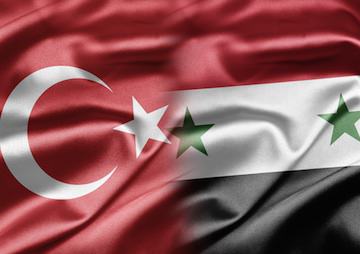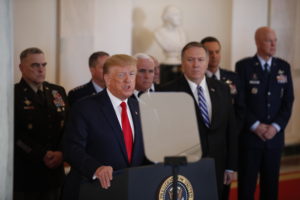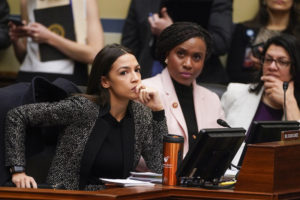Turkish President Says IS May Claim Border Town in Syria
According to Turkish President Recep Tayyip Erdogan, Islamic State forces were closing in on capturing the Syrian town of Kobani on Tuesday. This development was of particular concern to Erdogan, as Kobani is close to the border between Syria and his own country. Shutterstock
Shutterstock
According to Turkish President Recep Tayyip Erdogan, Islamic State forces were closing in on capturing the Syrian town of Kobani on Tuesday. This development was of particular concern to Erdogan, as Kobani is close to the border between Syria and his own country.
Erdogan’s warning came after U.S.-led forces conducted four new airstrikes on IS in the region, but as The New York Times noted, a key tactical sticking point remains between American President Barack Obama and his Turkish counterpart on the issue of priorities in Syria:
Saying that aerial attacks alone may not be enough to stop the fighters’ advance, Mr. Erdogan called for more support for insurgents opposed to the group in Syria. In doing so, he was reiterating the key sticking point between Turkey and Washington: President Obama wants Turkey to take stronger action against the Islamic State, while Mr. Erdogan wants the American effort to focus more on ousting Syria’s president, Bashar al-Assad. Turkey has long supported the armed opposition to Mr. Assad.
“There has to be cooperation with those who are fighting on the ground,” Mr. Erdogan said, addressing Syrian refugees at a camp in Gaziantep, a border province west of Kobani.
But to the Syrian and Turkish Kurds watching in increasing desperation from hilltops here on Tuesday, the ground force that needs immediate help is the Kurdish group fighting the Islamic State in the streets of Kobani, the People’s Protection Committees. They believe that given Turkey’s long history of tensions with its Kurdish population, Mr. Erdogan sees the group, known as the Y.P.G., as an enemy and an even greater threat than the Islamic State.
Turkey’s investment in this particular battle zone is thus complicated by the Y.P.G. factor, and Erdogan’s interests could ultimately be helped if IS takes Kobani, the Times story added.
Posted by Kasia Anderson
Your support matters…Independent journalism is under threat and overshadowed by heavily funded mainstream media.
You can help level the playing field. Become a member.
Your tax-deductible contribution keeps us digging beneath the headlines to give you thought-provoking, investigative reporting and analysis that unearths what's really happening- without compromise.
Give today to support our courageous, independent journalists.


You need to be a supporter to comment.
There are currently no responses to this article.
Be the first to respond.